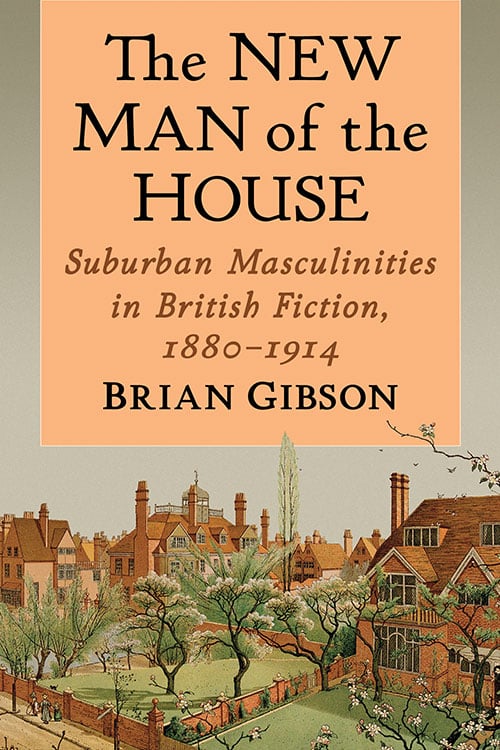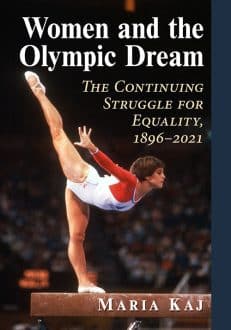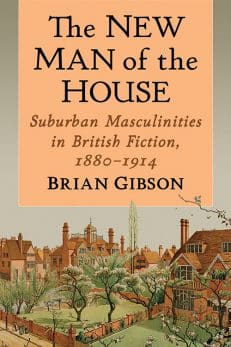The New Man of the House
Suburban Masculinities in British Fiction, 1880–1914
Original price was: $65.00.$29.99Current price is: $29.99.
In stock
About the Book
The modern-day suburb began, and began booming, in 19th-century Britain. As suburbia spread, the New Woman arose and fin-de-siècle concerns grew, suburban men felt more besieged. Anxieties about hygiene, pollution, purity, the home, class, gender roles, patrilineal power and the state of the Empire rippled through British fiction. The new man of the house was trying, often desperately, to hold onto the old order, changing even more rapidly as the 20th century and modernist fiction arrived. This study traces suburban masculinities in popular genres—speculative fiction, comic fiction and detective fiction—and in literary works from the late-Victorian era to the start of the First World War.
About the Author(s)
Bibliographic Details
Brian Gibson
Format: softcover (6 x 9)
Pages: 254
Bibliographic Info: 11 photos, notes, bibliography, index
Copyright Date: 2022
pISBN: 978-1-4766-8644-8
eISBN: 978-1-4766-4597-1
Imprint: McFarland
Table of Contents
Acknowledgments viii
Preface 1
Introduction: The Victorian Suburbs’ (Un)making of Masculinity 5
Chapter 1. As Pure as the Driven Fog: William Delisle Hay’s The Doom of the Great City (1880) and Grant Allen’s The British Barbarians (1895) 37
Chapter 2. Pootering Him Back in His Rightful Place: George and Weedon Grossmith’s The Diary of a Nobody (1892) 85
Chapter 3. Unsurelocked Homes: Arthur Conan Doyle’s “The Adventure of the Yellow Face” (1893) and “The Adventure of the Bruce-Partington Plans”
(1908) 125
Coda: The Remaking of Suburban Masculinities in Early Twentieth-Century British Fiction 177
List of Works 203
Locations of Works in Suburban London 205
Chapter Notes 207
Bibliography 229
Index 237
Book Reviews & Awards
- “Although the scholarship surrounding Victorian gender and sexuality, including the gendered spheres, is quite extensive, Gibson’s focus on suburban spaces vs. city dwellings makes this book both original and relevant. By exploring the changing perceptions of British masculinity in relation to the movement away from the city, the author raises significant questions concerning the impact of the domestic on the new ways of perceiving ‘manliness.’”—Jennifer Beauvais, author, Domesticated Bachelors and Femininity in Victorian Novels





